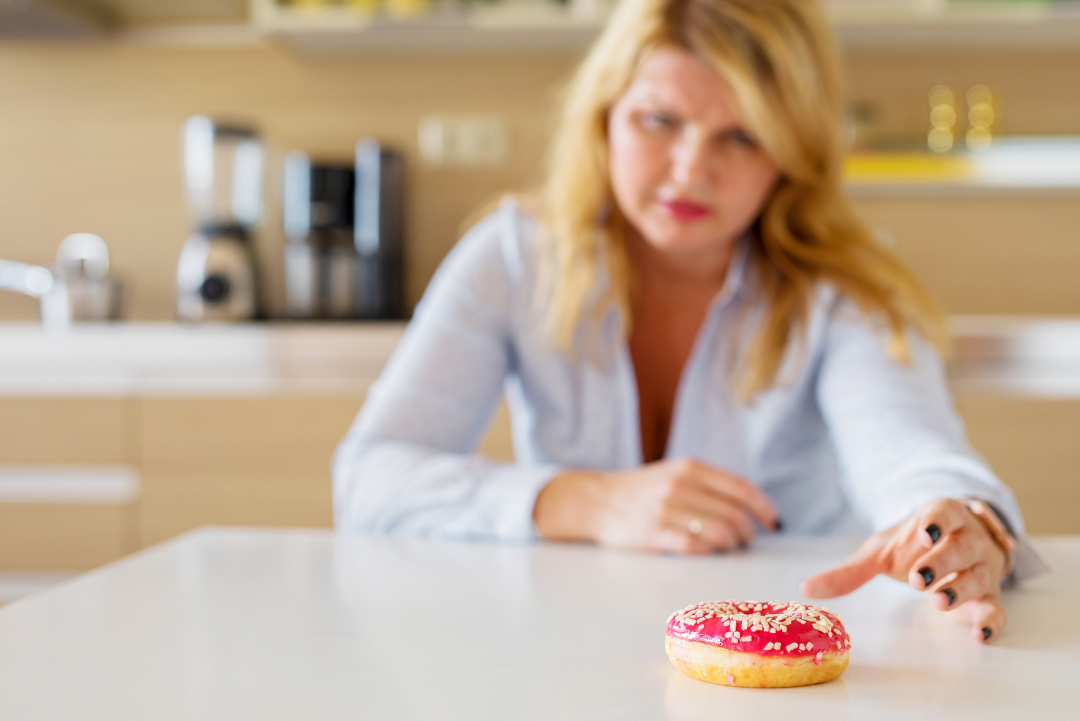5 Ways to Manage Sugar Cravings When You Quit Drinking
Sobriety often comes with an unexpected challenge – sugar cravings. These cravings, fuelled by the body's physiological and psychological response to alcohol withdrawal, can feel overwhelming, and out of control. While it’s okay to give in to sugar cravings in the very early days of sobriety, if you’re ready to take on your sugar addiction and manage cravings, it can be done.
Let’s dive in…
Understand the biological connection
To tackle sugar cravings head-on, it's vital to grasp the intricate biological connection between alcohol and sugar. Alcohol contains large amounts of sugar. When you stop drinking, your body still wants that sugar ‘high’ it was used to. Alcohol affects reward and pleasure centres in the brain, much like sugar does. When you remove alcohol from the equation, your brain seeks alternative sources of pleasure, often leading to sugar cravings.
Choose nutrient-rich alternatives
Science tells us that when sugar cravings strike, choosing nutrient-rich alternatives can soften the impact. Fruits like blueberries, strawberries and raspberries are low in sugar and rich in essential vitamins, minerals, and fibre. Fibre slows down the absorption of sugar, preventing sharp spikes and crashes in blood glucose levels, which can exacerbate cravings.
Scientific studies also back a small amount of dark chocolate (with at least 70% cocoa) as a healthier sweet option. Dark chocolate contains antioxidants and mood-enhancing properties thanks to its flavonoid content. Just remember to enjoy it in moderation (no more than 20g) to gain the benefits without overindulging in sugar.
Embrace a balanced diet
Research consistently backs up the importance of maintaining a balanced diet when combating sugar cravings. A well-rounded diet includes complex carbohydrates, lean proteins, and healthy fats, which can help stabilize blood sugar levels and reduce the intensity of cravings.
Complex carbohydrates found in whole grains and legumes release glucose gradually into the bloodstream, preventing the sudden sugar spikes that trigger cravings. Protein and healthy fats provide sustained energy and increase feelings of satiety, reducing the temptation to reach for sugary snacks. Structuring your meals and snacks around this scientific principle can be a game-changer in your fight against sugar cravings.
Prioritize hydration for your body and brain
Dehydration can mimic hunger, leading to unnecessary sugar cravings. Studies suggest that drinking an adequate amount of water throughout the day (about 2 litres) not only supports overall health but also helps differentiate between true hunger and thirst. Herbal teas and infused water can also be refreshing alternatives to sugary drinks, all while keeping you optimally hydrated. For a sweet hit try cinnamon or liquorice tea.
Employ mindful eating and stress management
Mindful eating encourages you to pay close attention to your body's signals, helping you distinguish between actual hunger and emotional or boredom-driven eating.
Stress, a common trigger for sugar cravings, has a physiological basis. Stress hormones like cortisol can influence food choices, often leading to cravings for sugary, high-calorie foods. Scientific research consistently shows that stress-reduction strategies such as yoga, exercise, breathwork, meditation, and spending time in nature can help regulate these hormones and reduce stress-related cravings.
By understanding the biological link between alcohol and sugar, choosing nutrient-rich alternatives, maintaining a balanced diet, prioritizing hydration, and employing mindful eating and stress management, you can effectively manage sugar cravings when you’ve quit drinking. Cutting back on sugar will help pave the way for a healthier, happier, alcohol-free life.
To learn more about health and wellbeing, grey area drinking and my own story, go here. To learn about my coaching programs, you can check them out here.

